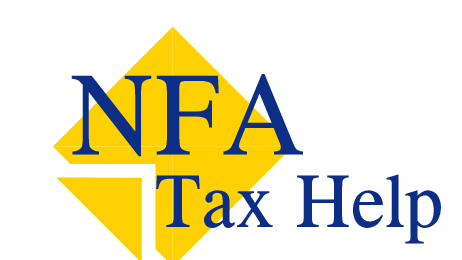The Magic of IRS Estimated Tax Payments
- Oct 18, 2016
- 3 min read
There are three known ways by which you can get in trouble with the IRS. The first path to trouble is due to no fault of yours. It is an IRS audit. This assumes that the tax audit was not prompted by a flagrant error on your tax return.
The second way to get in trouble is in the case of wage earners who claim excessive tax exemptions and thus they don't pay enough taxes as they go. Tax exemption is claimed on form W-4. At the end of the year, the chicken comes home to roost. They will owe back taxes that will cause them a tax problem that they will have to seek tax relief for.
The third way to get in trouble is when self-employed people ignore estimated tax payments. Making estimated tax payments (ES) is the best way to avoid tax problems with the IRS. Most self-employed folks who get in trouble do so because of failure to make estimated tax payments. Self-employed people must not only make estimated tax payments for income tax, but also for almost double the Social Security and Medicare of that of a wage earner.
When you have a tax debt, and your CPA or your IRS tax attorney starts the negotiation toward a tax resolution, the IRS will probably be more lenient if they see that the taxpayer is current on estimated tax payment. Their rationale is: if the taxpayers owe back taxes, but they are current on estimated tax payments now, they must have the intention to be in compliance and the tax problem the taxpayer is encountering is not going to be repeated.
Estimated tax payments, then, is the best assurance for a speedy tax resolution. Also if you want to protect against a future IRS levy on your bank, wage garnishment, and asset seizure, not to mention tax lien, you need to get into the habit of making estimated tax payments.
Furthermore, if you negotiate an offer in compromise, one of the conditions for the IRS to continue to consider your offer in compromise is making estimated tax payments on time. If you fail to make estimated tax payments, the IRS may reject the offer and close your case. Practically speaking however, if you get behind on one or two payments, they usually allow you to continue with the offer.
There is another benefit for the estimated tax payments. When you calculate the amount of payment on the installment agreement or an offer in compromise, the IRS will give you credit for the estimated tax payments. If not, your payment to the IRS to settle your back taxes, will be higher, and for the future year you will have to pay what you missed of the estimated tax payments when you file the return.
So, when you file the tax return you will pay what you should have paid anyway. But those payments did not help you in the negotiation with the IRS. When you submit an offer in compromise or an installment agreement, make sure to pay as much as you can of estimated tax payments. The more estimated tax payments you make, the lower the offer or the installment payment might possibly be.
In summary, ES can provide you with the tax help for a tax resolution to your back taxes and protect against IRS levy, garnishment and tax lien.



Comments